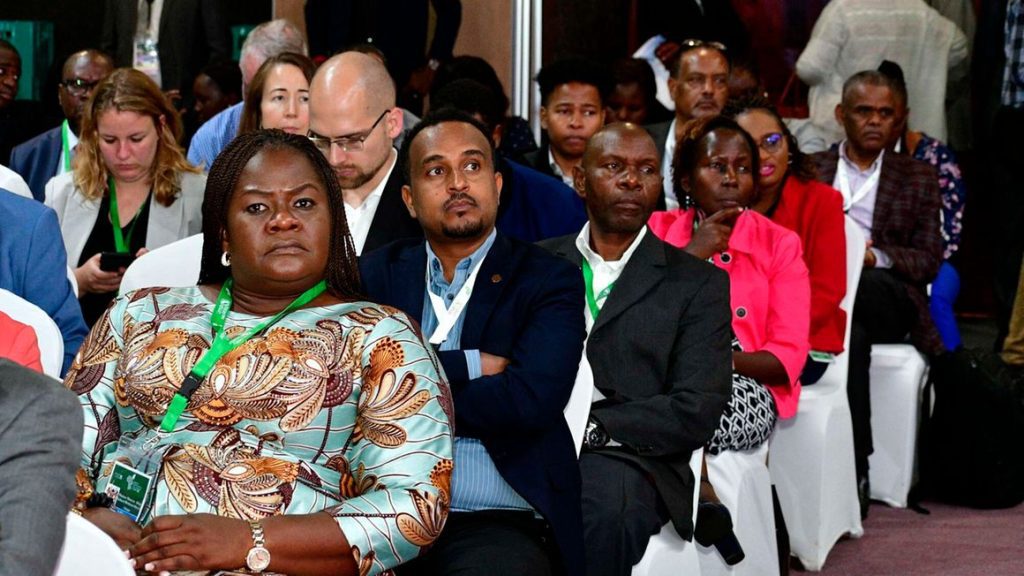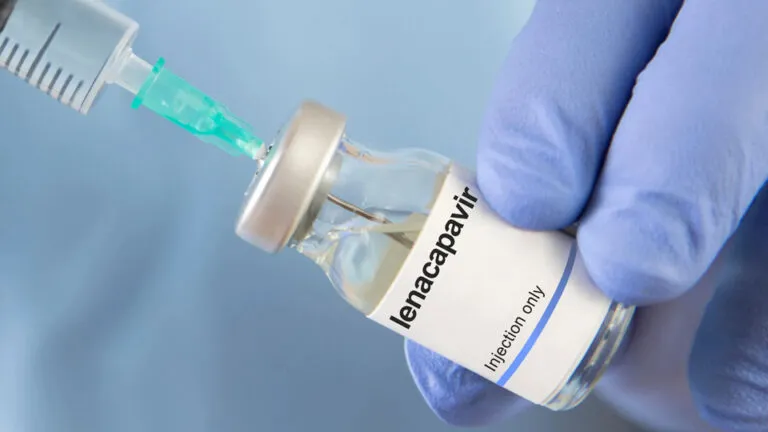African leaders are seeking new ways to boost financing for the agriculture sector to improve the affordability and accessibility of fertilizers, as the issue of increasingly degraded agricultural land becomes more urgent.
Recent studies show that about 65% of African farmland is now degraded due to factors like low fertilizer use, soil erosion, and acidification. With agriculture serving as the backbone of many African economies, leaders are concerned that this critical sector faces a significant threat.
At the Africa Fertilizer and Soil Health Summit in Nairobi, Heads of State and government officials emphasized the need for more financing and better intra-African trade in fertilizers to sustain the continent’s agriculture. They issued the Nairobi Declaration on May 9, highlighting the importance of making fertilizers more accessible and affordable.
“Access to and affordability of fertilizers must improve. We need to consolidate financing tools such as trade credit guarantees, working capital, and targeted subsidies to reduce market distortions, lower costs, and strengthen supply chains,” the leaders stated in the declaration.
They also stressed that regional cooperation on fertilizer and soil health is crucial, especially as the African Continental Free Trade Area (AfCFTA) enhances opportunities for investment and trade across Africa.
Fertilizer usage in Africa remains very low compared to global standards. While the global average is 135kg per hectare, Africa’s average stands at just 18kg per hectare, far below the 50kg/ha target set in 2006 at a conference in Abuja. Additionally, the recent global fertilizer crisis hit Africa hard, leading to a 25% drop in fertilizer consumption in 2022.
Kenyan President William Ruto, speaking at the summit, pointed out that global economic challenges, including disruptions from the COVID-19 pandemic and geopolitical tensions, have made fertilizers more expensive and less accessible. This, in turn, has led to reduced agricultural production and lower yields.
President Ruto called on the private sector to increase its investments in Africa’s fertilizer industry and support sustainable soil management practices. He also emphasized the need for governments to create a favorable environment for such investments.
Private sector players, especially those involved in agriculture and fertilizer production, agree that making fertilizers affordable for small-scale farmers is critical, but they cannot achieve this alone. William Ngeno, the Kenya and Uganda representative for fertilizer manufacturer Yara International, urged governments to reconsider their tax policies on fertilizers, suggesting that reducing certain taxes could help lower costs for farmers. He also emphasized the importance of partnering with the private sector to ensure that fertilizers are accessible to farmers at the local level.
Ngeno explained that several factors have contributed to rising fertilizer prices, including increased natural gas prices, which are essential for fertilizer production. He also noted that currency depreciations and rising fuel prices across Africa have further driven up costs.
As the agricultural sector, which contributes around 17% of Africa’s annual GDP, approaches a tipping point, African leaders are calling for collective action to improve fertilizer access and use. Moussa Faki, Chairperson of the African Union Commission, stressed the need for urgent action, given the continent’s low agricultural productivity compared to global standards.
“Agriculture is a key lever for industrialization and job creation in Africa, essential for the continent’s development, stability, and prosperity. We must harness our collective resources and determination to address soil health and fertilizer use comprehensively if we want to build sustainable food systems,” Faki said.
Despite the critical role of agriculture, the sector remains underfunded across Africa. President Ruto highlighted that budgetary limitations often prevent governments from offering fertilizer subsidies, making it even more important to attract private sector investment.
Leaders from the African Development Bank (AfDB) echoed the call for more investment in fertilizer production and distribution. Martin Fregene, AfDB’s Director for Agriculture and Agro-industry, stated that closing the fertilizer supply gap is essential for creating a “flourishing agricultural landscape.”
In the Nairobi Declaration, African Union member states committed to increasing investments in local fertilizer production and leveraging the AfCFTA to boost fertilizer trade across the continent. The leaders also pledged to invest more in research and support small and medium-sized enterprises in producing and distributing fertilizers.
As the summit concluded, leaders promised to create a “multi-source soil health fund” to support research, innovation, capacity building, and start-ups focused on fertilizer use and soil health. The fund will be hosted by the AfDB and will aim to help farmers invest in yield-enhancing technologies and improve soil health across Africa.




















